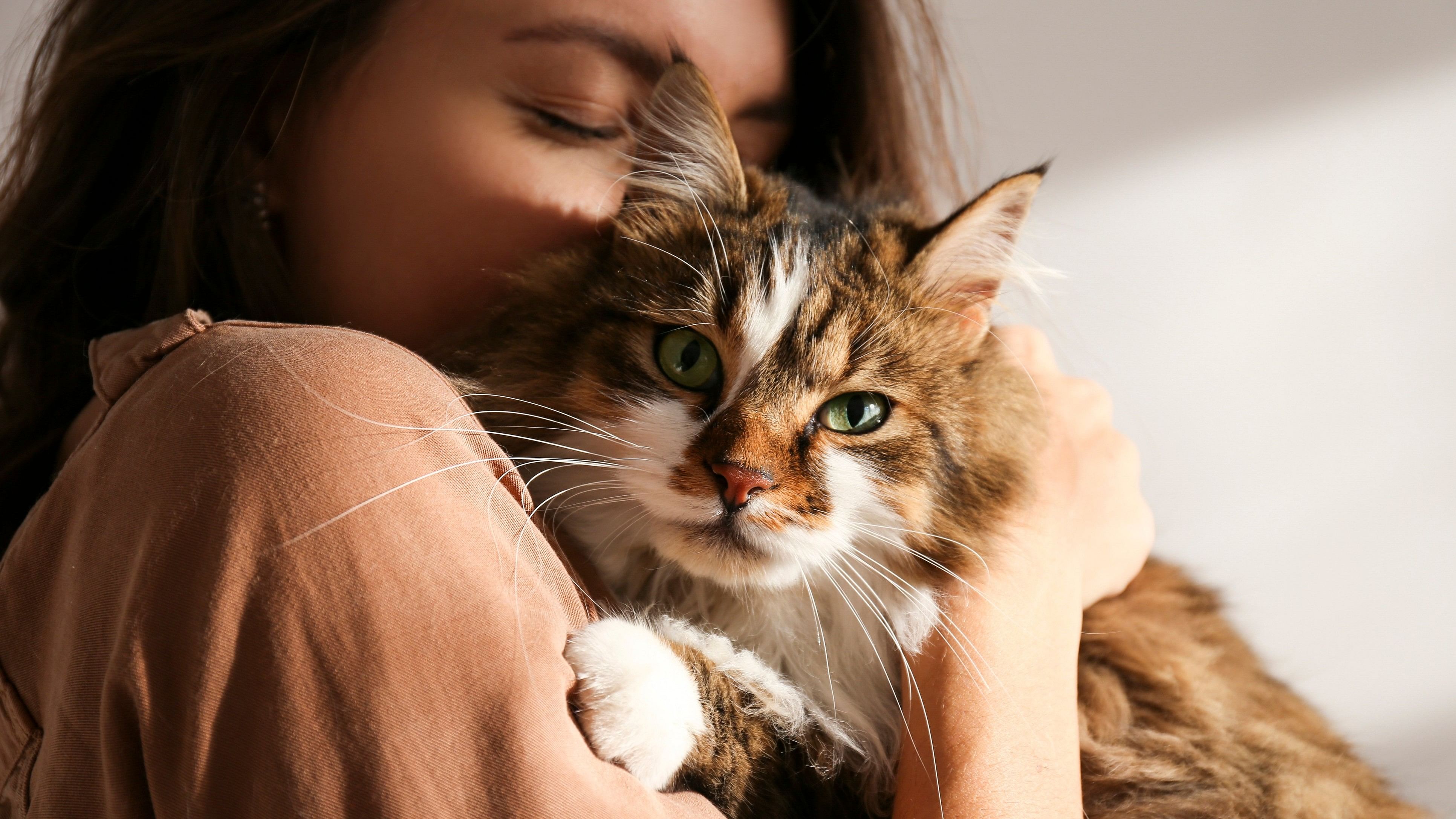
Credit: iStcok
If you have followed the happenings so far surrounding the high-stakes Presidential elections in the United States, you know that pets have made a grand entry into the discourse! Starting with the derogatory jibe of ‘childless cat ladies’ aimed at the first woman presidential nominee of colour, the conversations around pets quickly shifted towards anti-immigrant racist sneers and unfounded rumours of pets being killed and devoured. AI-generated memes flooded social media timelines. J D Vance’s dig at women ruffled the wrong feathers, forcing a celebrity ‘childless cat lady’—Taylor Swift—to respond with rebuke.
In an increasingly polarising world, pets are touchy subjects for conversation as more millennials and Gen-Z turn to animals instead of humans for companionship. Any conversation that portrays pets in a condescending light can rub people the wrong way. If your loved ones have pets, here’s a helpful list of phrases you should probably never utter (aka, don’t be a J D Vance). Forget an election, relationships might be at stake.
“It’s just a pet”
Nothing riles up pet people more than these four words. Most of us have heard this coming from those who likely don’t have a furry family of their own, or can’t see why people bond with animals. I’ll take it a notch higher and say such people also lack basic empathy. These words are disrespectful, condescending and infantilising. The pet-human bond is not a ‘new fad’ but dates back thousands of years. Archaeological evidence from hunter-gatherer societies has unearthed ritualised burials of ‘special’ animals and co-burials of animals and humans. Early civilisations such as the Egyptian and Mesopotamian had royal ranks for some animals, and the royals wished to be with their pets in the afterlife, taking mummified remains of their favourite animals to the pyramids. The interspecies bond persevered through the Dark Ages and the Middle Ages, as seen in folklore, art and oral history in almost every culture. Literature from across the world is peppered with anecdotes of the human-animal bond, and how special they were. Is it then surprising that humans continue to bond with animals even today?
“It’s not your child”
Trust me, no pet parent believes their pets are their literal kids or substitutes thereof—we understand the differences between little humans and pets. However, more than the differences, when we give ourselves the title of ‘pet parents’, we celebrate the similarities. Just as we do with kids, we address our pets’ needs, give them our time, and provide them with a nurturing space where they can thrive.
For many, having children comes at a huge physical, social, emotional and economic cost, and pets try to fill a small void in the hearts that crave care. It’s not just my words; science backs that up too.
When we cuddle with our pets, our brain oozes oxytocin—the love hormone—which moms produce when around their children. For our brains, pets are almost like little humans. The other side of the equation is also true: research shows pets place great trust in their caregivers, just as they would with their own species.
A decade-old study on dogs provided the first evidence that just like children, dogs too exhibit the “secure base effect”, where they are more willing to explore their surroundings when they know their humans are around because they feel safer. Probably, there is some truth behind pets being our kids?
“Move on, get another pet”
This rude, hard-hearted and unnecessary remark often comes at the most vulnerable stage of a pet parent’s life—when they are grieving the loss of their furry companion. Every animal that’s touched our life is special, no matter how many other animals we bond with — either now or in the future. A loss cannot be replaced — like for like —with another animal of the same kind simply because they are not factory-produced replicas. What pet parents need in those times of grief is not words but time and space to mourn their loss.
People who never had an opportunity (or dare I say the privilege) to have pets in their lives may not understand what the fuss is about. That said, if you want to genuinely know, pet parents are more than happy to tell. Maybe, instead of saying something thoughtless, just pause and ask?
Tailspin is your monthly column on everything that’s heartwarming and annoying about pet parenting.
The writer is a science communicator and mom to Pippi, a five-year-old rescued Indie, who is behind her drive to understand dogs better. She posts on X @RamanSpoorthy